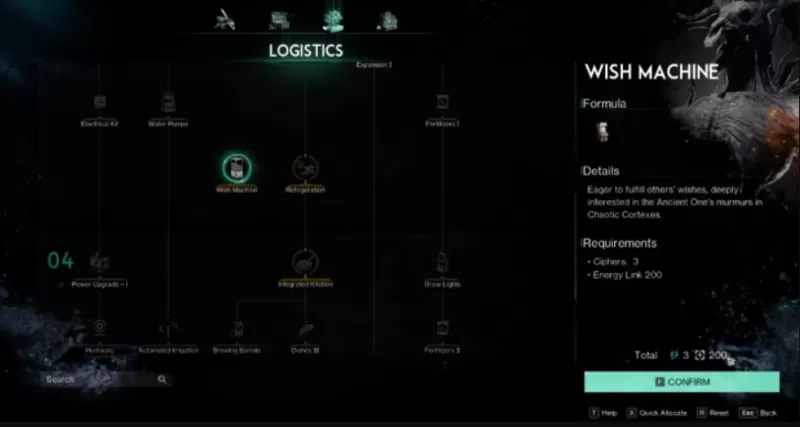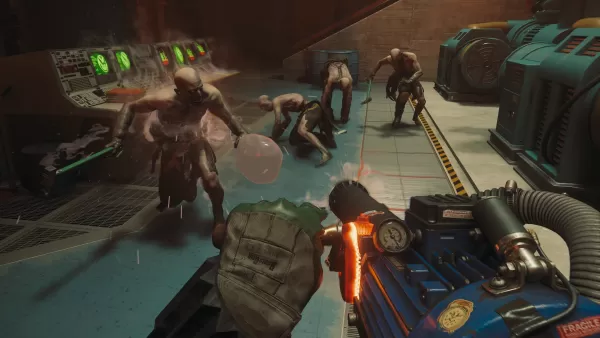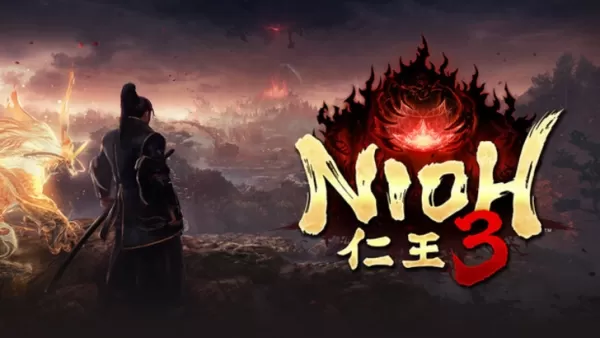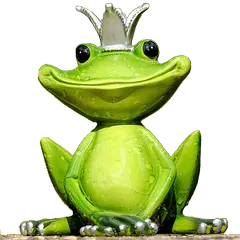If there's one news story that dominated the weekend, it was undoubtedly the temporary ban of TikTok in the United States. This ban, which had been looming due to a congressional act labeling it a "foreign adversary controlled application," finally came into effect on Sunday. However, the ban was short-lived as president-elect Donald Trump quickly promised to restore its service, and ByteDance swiftly brought TikTok back online. Yet, not all ByteDance applications enjoyed such a swift return.
For instance, Marvel Snap, the popular comic-themed card battler, along with other releases from ByteDance subsidiaries like Moonton's Mobile Legends: Bang Bang, were also taken offline in the United States, accompanied by a clear message of their ban. ByteDance's stance was evident: accept all their offerings or receive none.
What made this situation particularly challenging was that developer Second Dinner seemed to be caught off-guard. Over the past 24 hours, they've been actively managing the fallout on Twitter, promising to bring Marvel Snap back online as soon as possible. This incident raises serious concerns and questions about the implications of such actions.
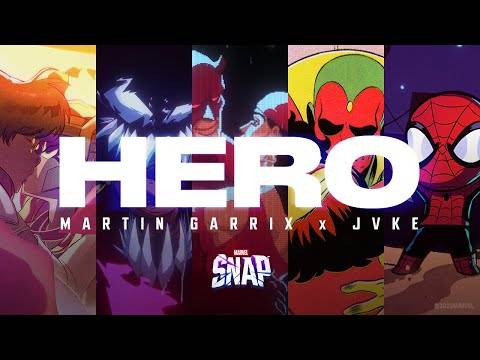 Catch!It doesn't require a political science degree (which I don't have) to recognize that ByteDance's decision to take TikTok offline and subtly position Trump as its savior was a strategic move to spark conversation. The strategy paid off, allowing ByteDance to dramatically re-enter the U.S. market. However, this political maneuvering also affected other gaming releases, leaving some developers, like Second Dinner, to deal with the aftermath. To compensate for the downtime, Second Dinner has promised lucrative free rewards to players once Marvel Snap is back online.
Catch!It doesn't require a political science degree (which I don't have) to recognize that ByteDance's decision to take TikTok offline and subtly position Trump as its savior was a strategic move to spark conversation. The strategy paid off, allowing ByteDance to dramatically re-enter the U.S. market. However, this political maneuvering also affected other gaming releases, leaving some developers, like Second Dinner, to deal with the aftermath. To compensate for the downtime, Second Dinner has promised lucrative free rewards to players once Marvel Snap is back online.
While this incident is unlikely to make Second Dinner abandon their partnership with ByteDance, it certainly hasn't boosted their confidence. The message seems clear: ByteDance prioritizes its social media platform over its mobile gaming ventures.
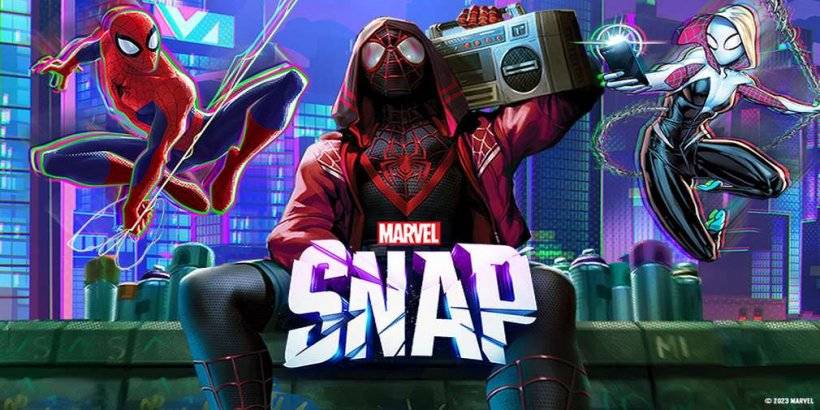 Game overThis isn't the first time ByteDance has shown that gaming takes a backseat to its social media operations. In 2023, their gaming division underwent significant layoffs, canceling many projects before they could be released. Since then, Marvel Snap seemed to signal a shift towards partnerships rather than in-house development. However, this breach of trust could make other developers and publishers wary of getting entangled in ByteDance's next political controversy.
Game overThis isn't the first time ByteDance has shown that gaming takes a backseat to its social media operations. In 2023, their gaming division underwent significant layoffs, canceling many projects before they could be released. Since then, Marvel Snap seemed to signal a shift towards partnerships rather than in-house development. However, this breach of trust could make other developers and publishers wary of getting entangled in ByteDance's next political controversy.
Disney, too, might be feeling the impact, especially with the recent release of NetEase's Marvel Rivals, which boosted mobile gaming through a crossover collaboration. ByteDance may have outmaneuvered politicians, but players, developers, and IP holders are likely to be less forgiving.
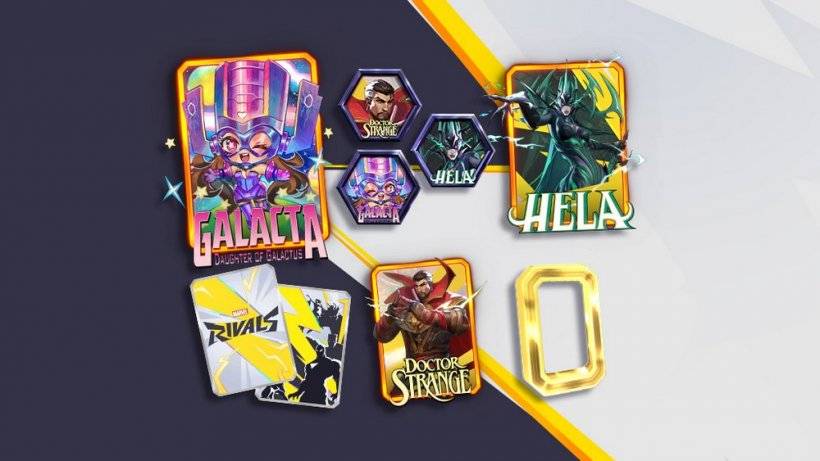 They think it's all over…Rumors suggest that ByteDance might just be the beginning. Other Chinese gaming giants like Tencent and NetEase could be next in line. The FTC has already targeted MiHoYo over loot boxes, and this high-profile incident might not deter future political attacks on the gaming industry.
They think it's all over…Rumors suggest that ByteDance might just be the beginning. Other Chinese gaming giants like Tencent and NetEase could be next in line. The FTC has already targeted MiHoYo over loot boxes, and this high-profile incident might not deter future political attacks on the gaming industry.
What's next for Marvel Snap and similar games? The temporary ban certainly caught the attention of many, especially older players who were indifferent to TikTok but passionate about their card games. ByteDance's gamble succeeded, setting a concerning precedent. How will people react when their favorite games become pawns in geopolitical games? The saying about bread and circuses might soon prove all too relevant.

